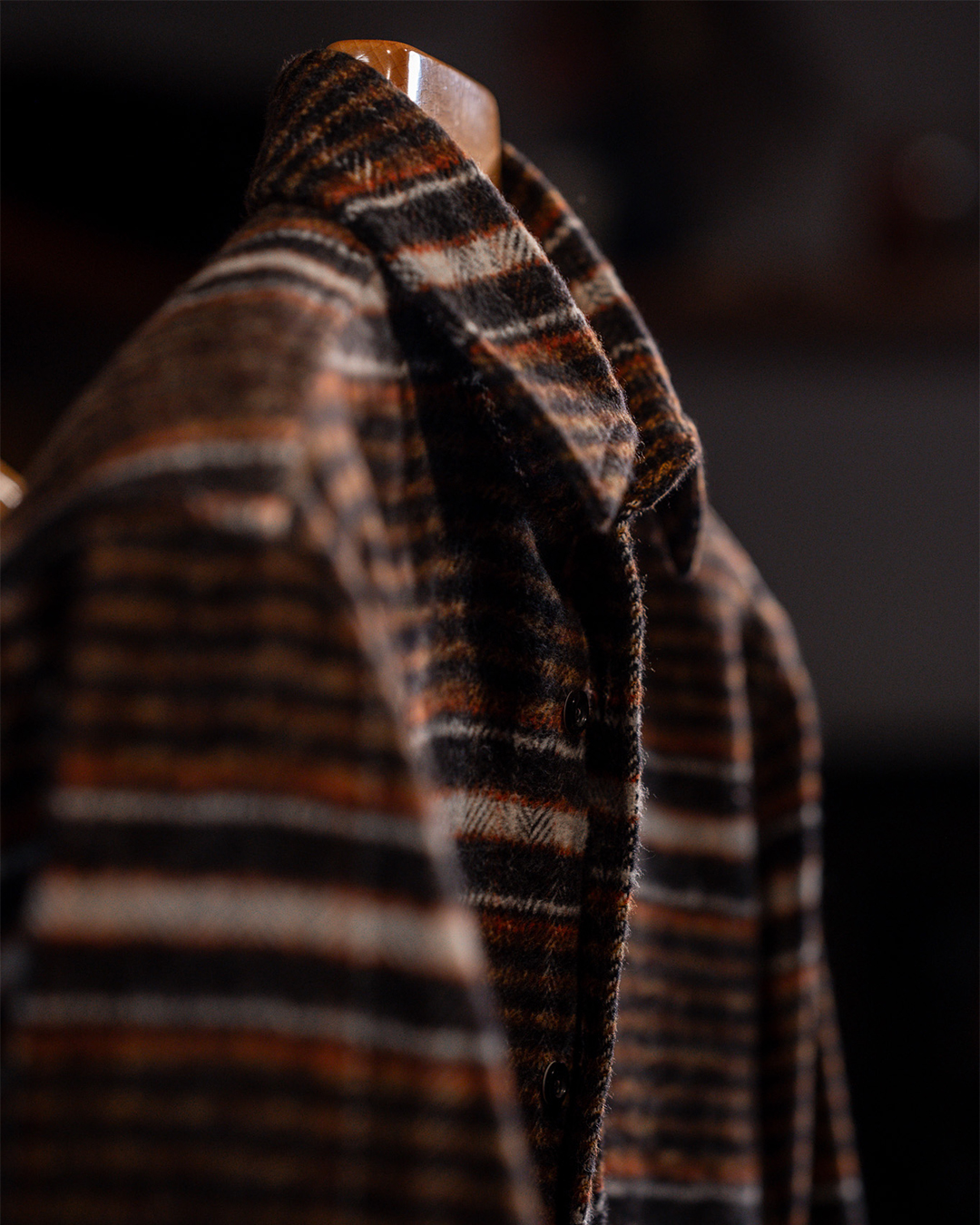
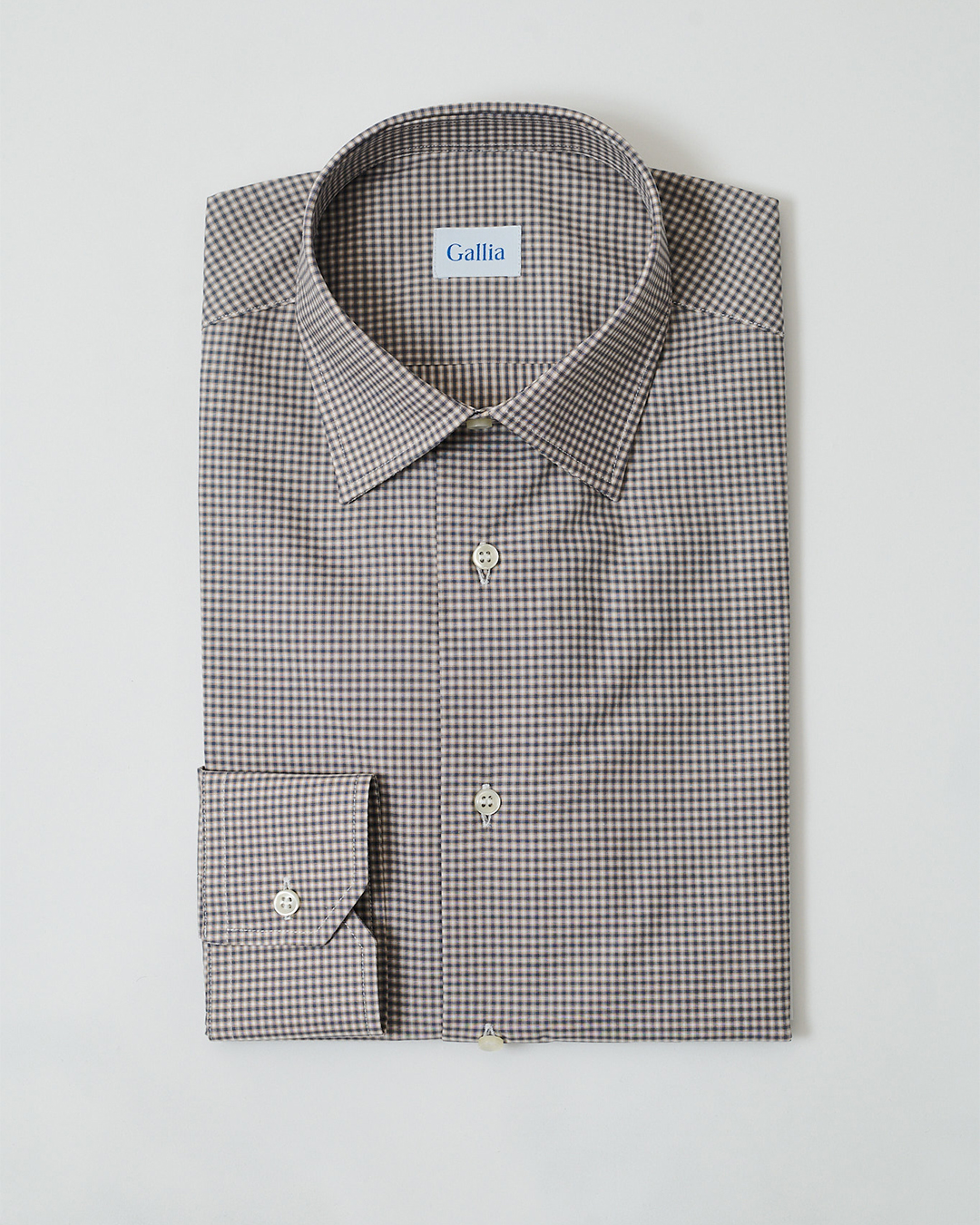
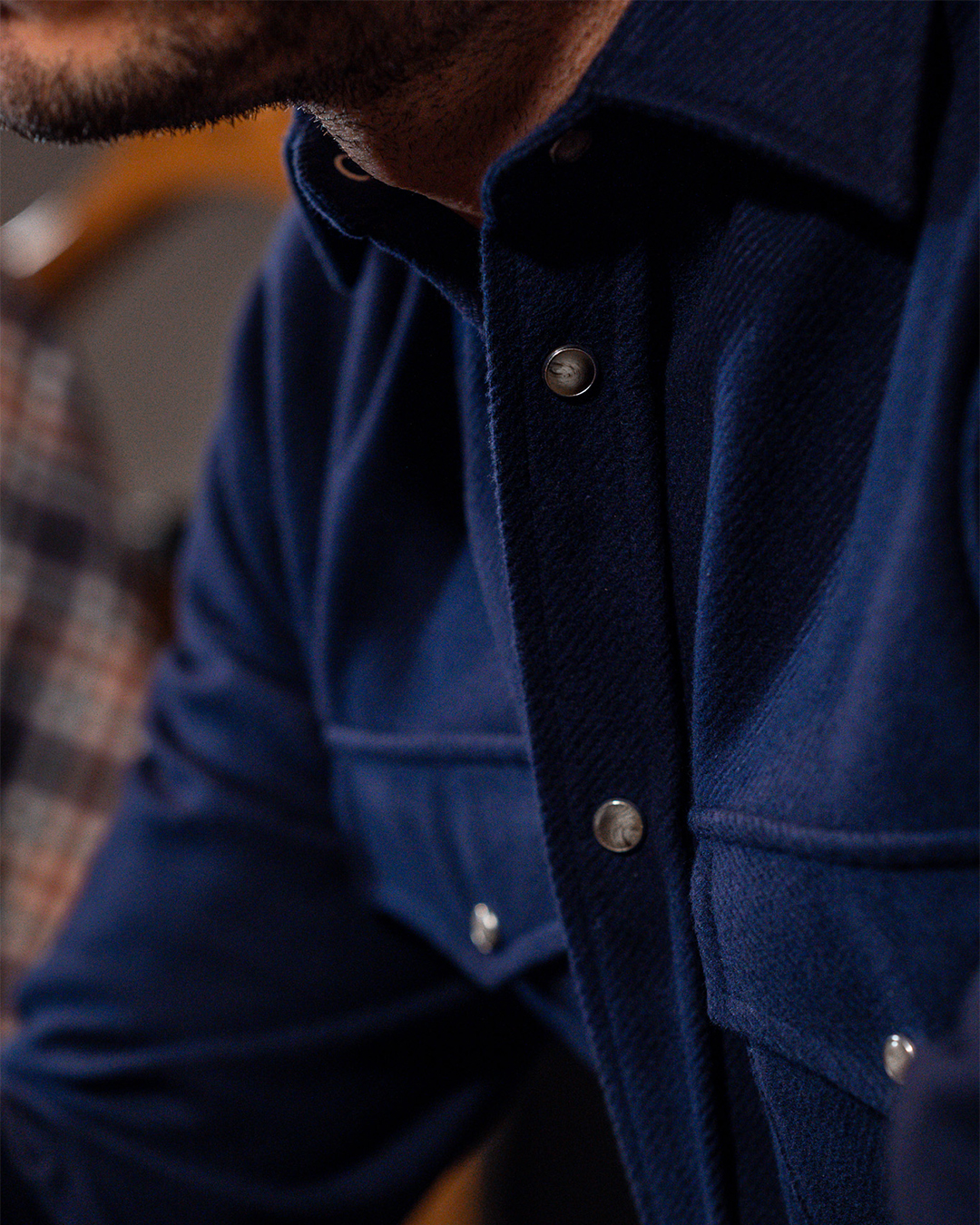
Why Buying Made in Italy Is Central for Luxury Brands
When we talk about buying Made in Italy, we mean much more than simple geographic origin. Today, the Made in Italylabel is synonymous with cultural, aesthetic, and technical value — a mark that luxury brands, both Italian and international, continue to seek, choose, and one we have a duty to protect.
It is no coincidence that French luxury brands, always attentive to heritage, have been investing for years — and continue to do so decisively — in Made in Italy production. Houses such as Louis Vuitton, Dior, and Loewe have entrusted their collections to Italian partners for decades. They know that here they will find something that is difficult to replicate elsewhere: a structured sartorial supply chain, expert hands, and a culture that has always been deeply intertwined with haute couture.
Not only that, but they also entrust Italian partners with their most challenging pieces, precisely because of the deep knowledge and mastery that define the Italian manufacturing landscape.
What Made in Italy Really Means
Not every company that manufactures in Italy can claim the Made in Italy label. To be legitimately applied, the designation requires that the main stages of production take place within the national territory. This includes the selection of materials, design, cutting, sewing, ironing, and quality control.
It is far more than a label. It is a commitment to authenticity and the safeguarding of a production approach. For luxury fashion brands, it is also a strong signal to convey to their clients. Those who choose a Made in Italy product are looking for a real story, traceable materials, respect for labor, and a quality that is visible at first glance.
The Importance of Made in Italy for French Brands
In recent years, more and more French fashion brands have turned to Italian suppliers for their collections. The reason is simple. The quality level of the Italian manufacturing network is extremely high, and its culture of detail is unmatched.
Even for French fashion houses with a strong national identity, collaborating with Made in Italy means strengthening their offer with value and authenticity. It is not a concession, but rather a virtuous synergy. France dominates the luxury market thanks to strategic vision, communication, and distribution. Italy excels in supply chains, craftsmanship, and manufacturing. Together, they create iconic products.
This demonstrates how fashion teaches us to move beyond outdated territorial barriers, highlighting the importance of positive contamination between skills and culture.
Made in Italy Apparel Production: A Matter of Method
The true strength of Italian products lies in their structure. It is not just about “knowing how to sew” or “knowing how to assemble,” but about guaranteeing a smooth, reliable process, from prototyping to logistics, including attentive customer service.
At Confezioni Gallia, we have nurtured this approach for over 65 years. Our production process is internal, traceable, and modular. We designed it precisely to meet the needs of Italian fashion brands and major French players, with whom we work daily on high-profile collections destined for leading international stages.
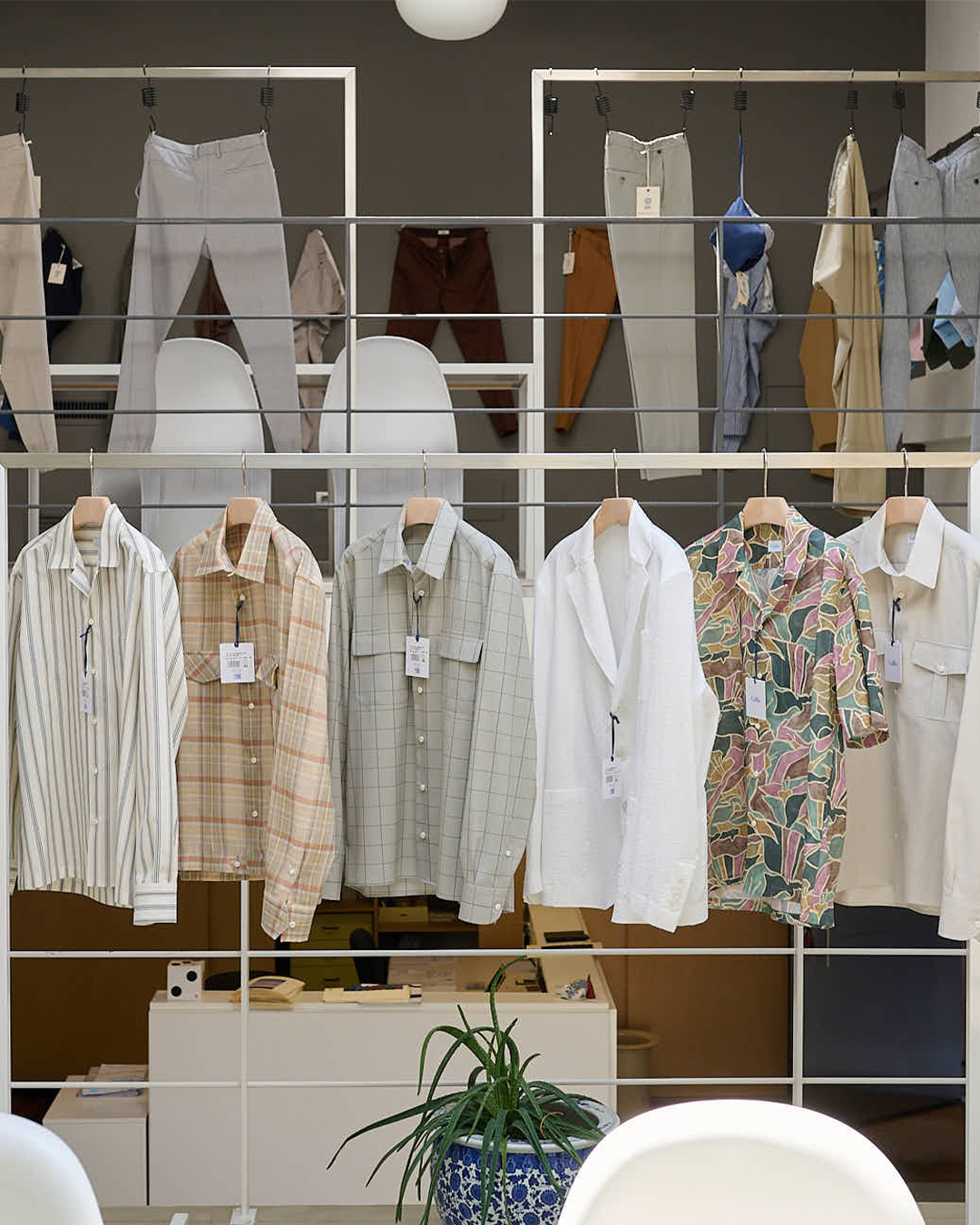

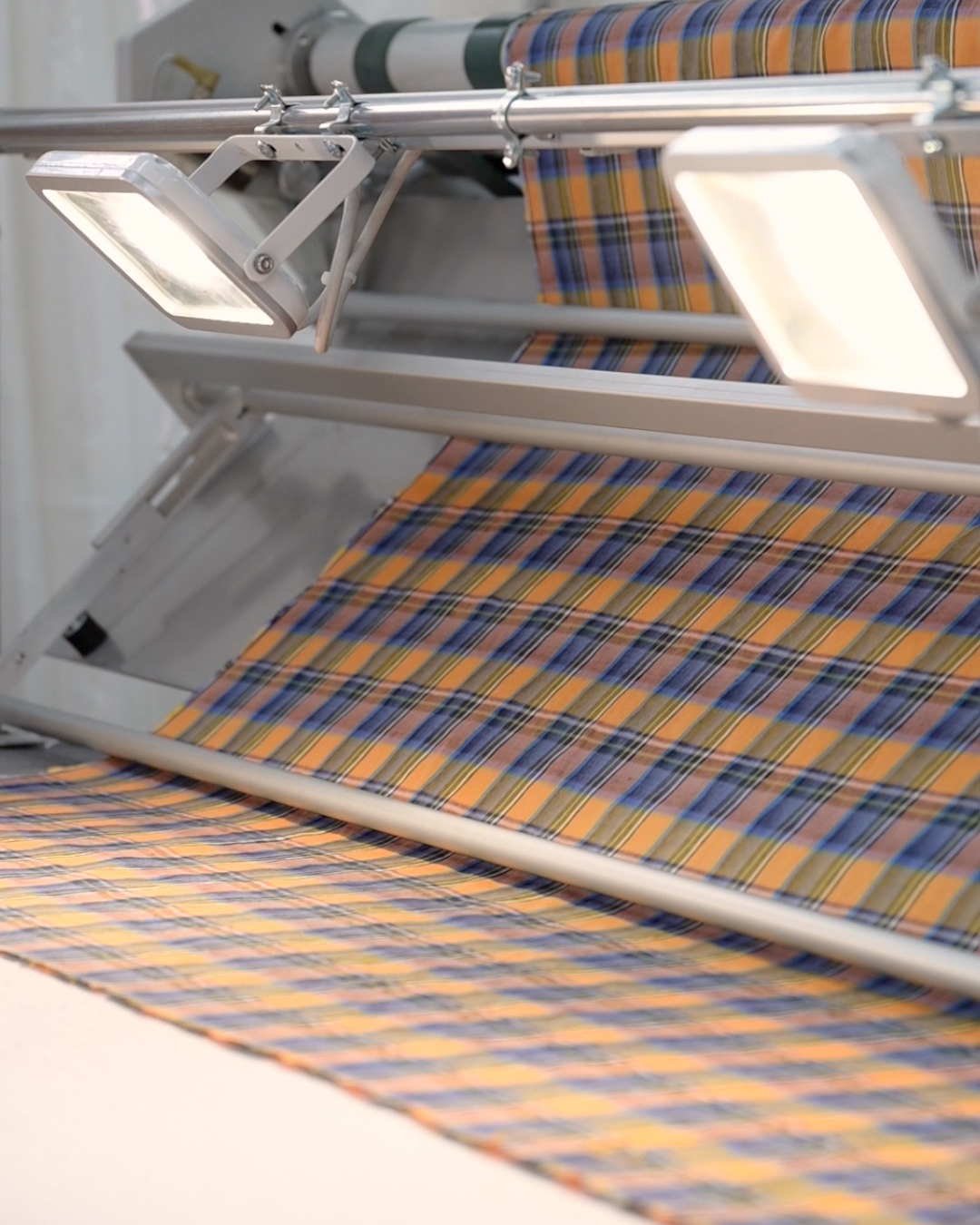
An Alliance of People and Expertise
Producing for luxury brands means entering a system that is often closed and exclusive, yet also made of precision, reliability, and constant dialogue based on trust — once it is earned.
Quality is not an abstract concept, but a matter of centimeters, invisible stitches, consistent finishes, and respected deadlines. This is where Made in Italy reveals all its value, thanks to direct relationships between companies, a heritage of widespread skills, and a production ethic that privileges durability over volume.
How Made in Italy Is Perceived Worldwide
According to several recent studies, including those by McKinsey and FashionUnited, Made in Italy remains one of the main reasons why global clients choose one garment over another.
These studies highlight not only aesthetic reasons but also the perceived reliability of the Italian system.
At a time when price sensitivity is high, many consumers — especially in upper segments — are willing to pay more for a Made in Italy product, convinced of its intrinsic quality and sustainability.
Sustainable Fashion and the Value of Made in Italy
More and more luxury fashion brands are including ESG indicators in their annual reports. Here, Made in Italyprovides a clear advantage: it is based on a short, controllable supply chain, often localized in excellence-driven districts where companies guarantee ethical working conditions and certified materials.
At Confezioni Gallia, sustainability is an integral part of our method. We collaborate only with transparent suppliers, manufacture in certified environments, and design every garment with the idea that longevity is the real alternative to fast fashion.
Learn more about our process and commitment to sustainability.
Why Buying Made in Italy Benefits Luxury Brands
One might think that producing in Italy only means higher costs. The reality is more nuanced. Choosing Made in Italy apparel production means accessing an added value that makes every collection stronger, more desirable, and more marketable.
We see this every day — on one side, special projects with meticulous attention; on the other, large-scale productions where cost control is crucial. In both cases, we find the most efficient solution without losing sight of quality.
Buying Made in Italy is not a whim, but a choice of coherence.
Where the Future of Luxury Fashion Is Born
ooking toward 2025, it is clear that the market will increasingly reward brands capable of combining creative vision with production solidity. Italian brands sold abroad, alongside French maisons, are consolidating their positioning thanks to structured collaborations with Italian manufacturers who deeply understand the craft.
At Confezioni Gallia, we are part of this story. We work with passion, method, and discretion to bring the projects of major brands to life, turning Made in Italy into a living value — one that endures over time and is renewed each season.